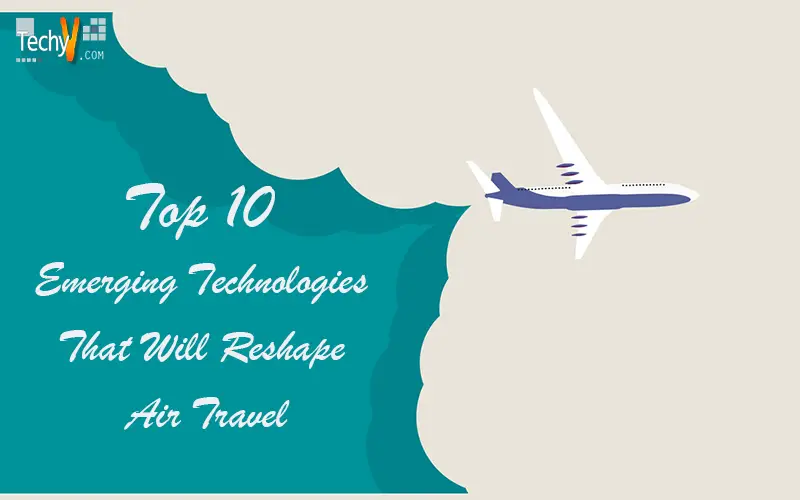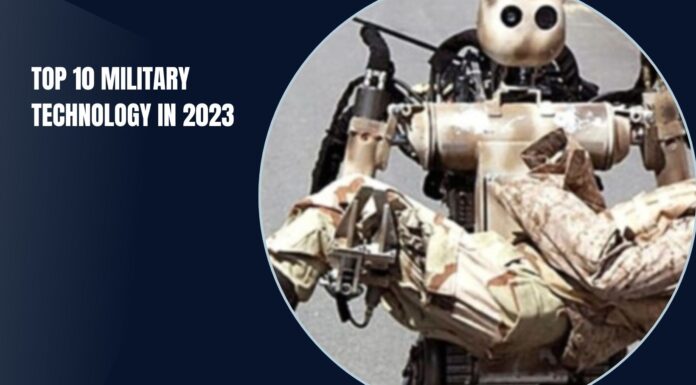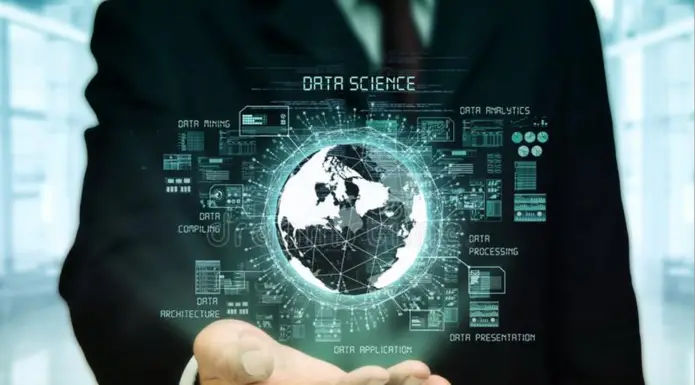Not only has the airline industry transformed how we travel, but it has also condensed the world into a few short hours. One-third of the world’s trade is now delivered by the airline industry, which carries 3.6 billion passengers annually. The airline industry has undergone a permanent change due to technological advancements and an increased number of passengers.
1. Big Data
The industry is now better equipped to make informed strategic decisions thanks to the shift toward data democratization. When combined with AI and ML, big data assists the market in anticipating and forecasting consumer behavior to fine-tune their strategy. It would be best to use data mining techniques proactively to create a solid strategy with a high chance of success because data is becoming the most valuable asset in the digital age.
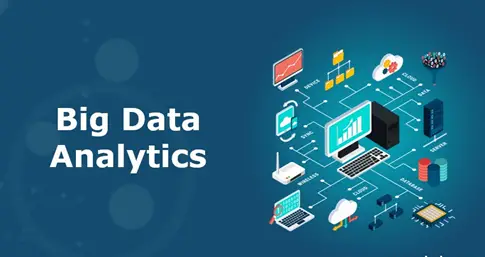
2. In-Flight Connectivity
Connectivity is becoming increasingly important for businesses as the world becomes more interconnected. D disconnecting phones in flight will no longer be necessary as airline passengers will soon expect even in-flight connectivity. Airlines are now beginning to provide the service inside flights, following the introduction of free Wi-Fi in airports nationwide.
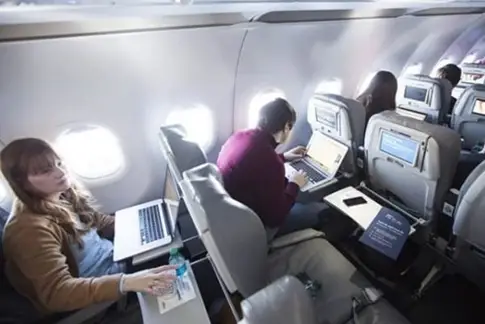
3. Biometrics
The standard verification method will be based on biometric technologies like facial recognition, fingerprint authentication, and retinal scanning. The entire verification process will soon go paperless with the integration of biometric systems for border control, airport check-ins, onboarding, and migration formalities.
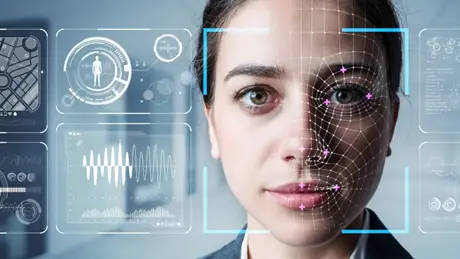
4. Automation
Pilotless aircraft may soon be a reality as machines become smarter, thanks to recent technological advancements. It may be possible for an aircraft to complete a journey without human intervention using hybrid RPA when combined with AI cognition.

5. Artificial Intelligence
In the market for AI in aviation, a recent market study estimated that by 2023, CAGR would be 46.4%. To increase customer satisfaction to the highest level, AI provides passengers a personalized traveling experience. Airline and passenger digital interactions are being upgraded, optimized, and personalized thanks to artificial intelligence.
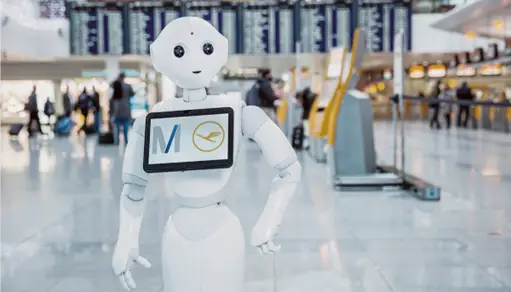
6. Blockchain Technology
Blockchain technology is finding a wide range of applications in several other industries due to its success in the financial sector. Recently, the airline industry has begun recognizing blockchain’s potential in various areas. Airlines can eliminate the need for physical ID proofs by using blockchain technology to store passenger data in a virtual, decentralized database accessible to the appropriate parties, eliminating the need for physical IDs.

7. Augmented Reality And Virtual Reality
The AR/VR revolution has many applications in retail, healthcare, etc. Also following suit is the airline industry. At the moment, You can find one of the most obvious uses for these technologies in the airport industry, where AR/VR-based apps can improve travelers’ airport experiences.
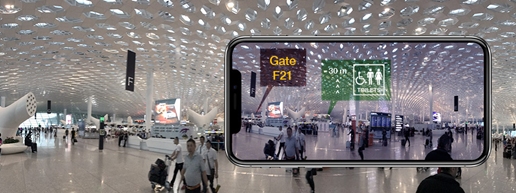
8. Beacons Technology
There are great potentials for the airline industry to use beacon technology to make it simple for travelers to navigate different terminals. Beacon technology has seen a lot of success in the retail sector.
9. Robotics
The airline industry also uses robotics to help with various tasks like customer service, baggage handling, parking, etc. When KLM unveiled its socially conscious “Spencer Robot” last year, it generated a lot of buzzes. This robot has been given the ability to deal with interpersonal interactions and can use its sensors to “see” and analyze people in its immediate vicinity.

10. Wearable Technology
In addition to enhancing passenger experience on flights, airlines have begun to use wearable technology in various ways. Microsoft’s HoloLens was recently used by Japan Airlines to train its new engineers and crew members. The mechanics can receive training in engine mechanics similar to the experience they will have working on a real airplane using HoloLens.



